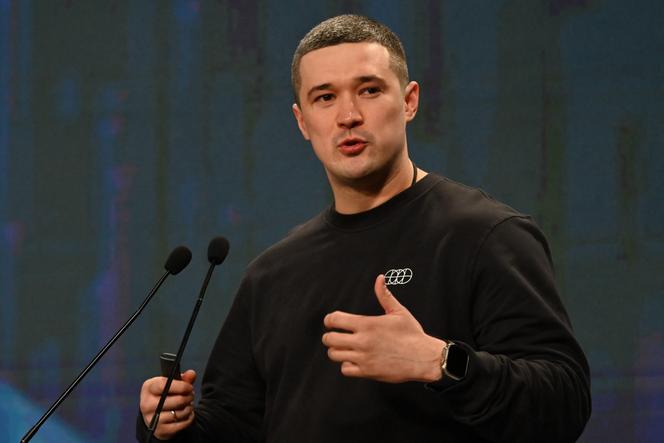


Robotization is not enough to defeat the Russians, says Mykhailo Fedorov, Ukraine's deputy prime minister and minister of digital transformation, in an interview with Le Monde, Ubut its development is one of the keys to the conflict and must be "integrated into the culture" of the Ukrainian army. On the night of Thursday, August 8, simultaneously with a ground incursion – the first major one on Russian territory – Ukrainian forces claimed responsibility for a drone attack on an air base in the Lipetsk region.
That would be the "Army of Drones" project, which consists of creating a highly competitive market that favors very high drone production volumes. By 2023, production was multiplied by 120. We've gone from several thousand to a million units this year, and even more. The market for ground-based robotic platforms is also booming, as are electronic warfare systems, on both tactical and strategic scales. The same goes for artificial intelligence and drone ammunition production.
We're looking for essential technologies for warfare, and we're doing all we can to open up and stimulate markets, to launch orders and purchases for these products [robot dogs, designed to carry out dangerous missions, such as inspecting Russian trenches or detecting mines, are currently being tested in Ukraine]. With the Brave1 platform [an incubator for high-tech military projects, modeled on the US agency DARPA], we are separately developing scientific and research and development expertise, which enables us to cultivate and finance talent.
Seven companies are showing fairly good results. Two of them have already received contracts and started industrial production, with hundreds or even thousands of units already in use on the front, with ranges of between 40 and 60 kilometers. The others are in the testing phase or have small contracts.
Hundreds of companies have already signed contracts with the government. When we started the project, there were only seven companies authorized to supply the army. Financial resources are not sufficient for the market to accelerate to the point of being able to buy everything that is relevant. As a result, there are government programs to make it easier for our [foreign] partners to buy Ukrainian products directly from manufacturers. We are increasing the funding of subsidies for military high-tech. The Ministry of Defense is involved and has become an important player. There isn't enough money, but the trajectory is clear.
You have 37.05% of this article left to read. The rest is for subscribers only.
